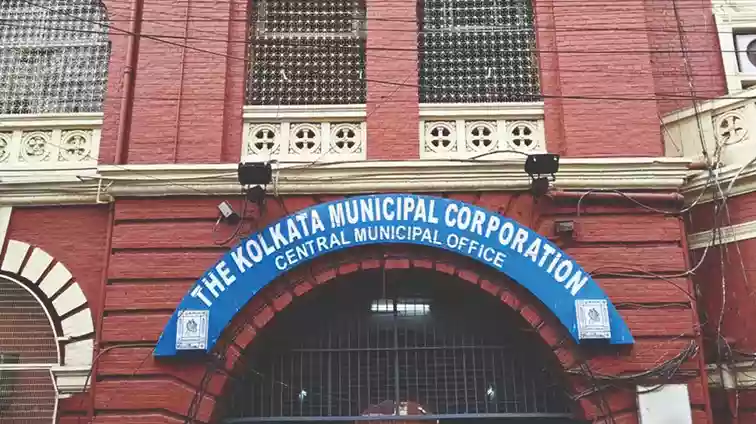.gif)
.gif)

The Kolkata Municipal Corporation (KMC) has introduced a new policy requiring organizers of fairs, markets, and cultural programs to first obtain an ‘entertainment permit’ before seeking other permissions. The decision, aimed at plugging revenue leaks, will make advance payment of amusement fees compulsory for any event to be held in municipal premises.
Under the new rule, organizers must submit the specific entertainment fee first, only after which they will be allowed to proceed with applications for other approvals — such as use of public parks, water supply, advertisements, hoardings, or structural plans. This move is designed to prevent organizers from bypassing payment under the guise of informal permissions or fragmented applications.
The Amusement Department of the Municipality will be the central body handling these clearances. All departments have been clearly instructed that if an application comes in for any event-related service, they must first ensure the applicant has obtained entertainment clearance. No other permissions will be processed until this condition is met.
To implement this strictly, KMC's IT department has been tasked with modifying the online application system. Once in place, the system will automatically block applications for other municipal services if the event’s entertainment permit has not been issued or its fees remain unpaid. This even includes applications tied to new building plans in cases where events are held indoors.
A senior municipal official confirmed that numerous events have taken place on KMC property without required permits, causing significant losses in potential revenue. “This ‘money-first’ policy will ensure that events do not slip through the cracks and that our municipal rules are respected. We expect this will boost revenue and bring transparency to event-related clearances,” the official said.
The new rule applies to all open spaces, parks, markets, grounds, and even buildings under KMC jurisdiction, reinforcing the municipality’s firm stance on tightening financial oversight and enforcement.